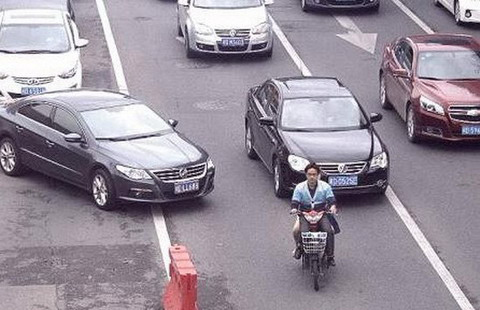Good omen for 'Fox Hunt'
By Zhuang Deshui (China Daily) Updated: 2014-12-15 08:02Also, many corrupt officials divert their illicit earnings to their family members' bank accounts, which is often included in Chinese courts' rulings. But this is something foreign courts often fail to recognize; they question why the corruption charge against one official involves the bank accounts of his/her family members, and tend to deny the requests of Chinese courts.
Besides, despite the culmination of the legal process, some foreign governments are reluctant to help seize the corrupt officials' assets, because many such officials have invested their money overseas which boosts the local economy.
Even if all the barriers are overcome, foreign governments often demand a share in the recovered assets. The demand may not be totally unreasonable, because foreign countries have to use their judicial resources to help China. But Chinese authorities tend to seek "total recovery" as a sign of justice, which causes misunderstandings.
To make the seizure of overseas assets of corrupt officials more effective, China needs to make more efforts in the following areas.
It should intensify talks on extradition and asset recovery agreements with other countries. By the end of last month, China had signed 39 bilateral extradition treaties and 52 legal assistance treaties on criminal affairs. But most of the treaties have been signed with developing countries when most of China's corrupt officials flee to developed countries.
Moreover, there is only one treaty specifically on assets recovery - the one signed with Canada last June. China needs many more such treaties to ensure that the national wealth looted by corrupt officials returns home, but it has to be firm with the conditions, because some countries demand up to 80 percent of the seized assets as their share.
Another worrying factor is that the organizational nature of anti-corruption agencies is different in different countries. For example, the disciplinary committees of the CPC have hardly any equivalent bodies overseas, so many countries don't know how to deal with their requests. To solve this problem, China should empower procuratorates at various levels, which have equivalent departments across the world, to handle international cooperation in corruption cases.
Of course, that would require domestic judicial agencies to form a professional team. Although the Central Commission for Discipline Inspection has a special office, its 30 officials are far from enough to handle all the jobs. So a bigger committee has to be formed to hunt down the "foxes" and recover China's lost assets.
That will be a long process because even though several countries have vowed to support China's anti-corruption campaign, the detailed implementation will not be easy. There is no reason to be pessimistic, however. With China determined to advance the rule of law and eliminate corruption, it is definitely possible to recover the nation's lost assets.
The author is a professor at and deputy-director of the Research Center for Clean Government, Peking University.











